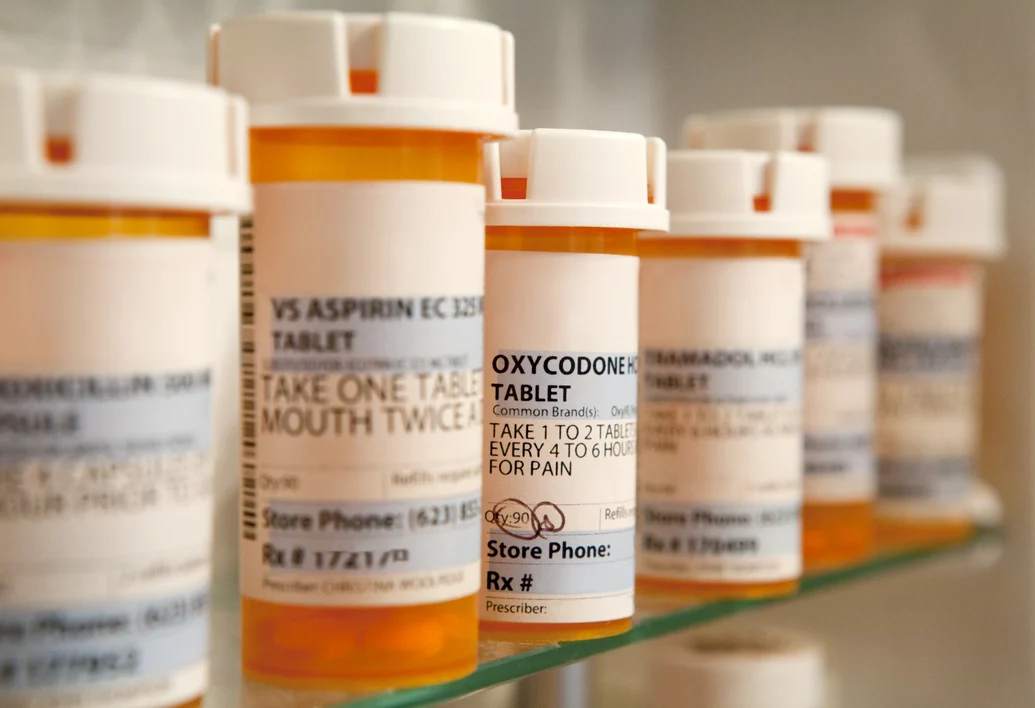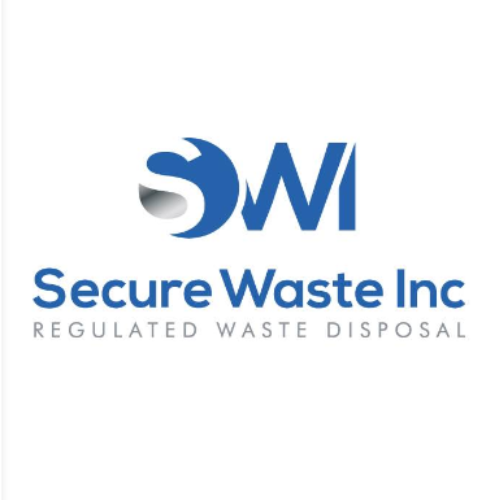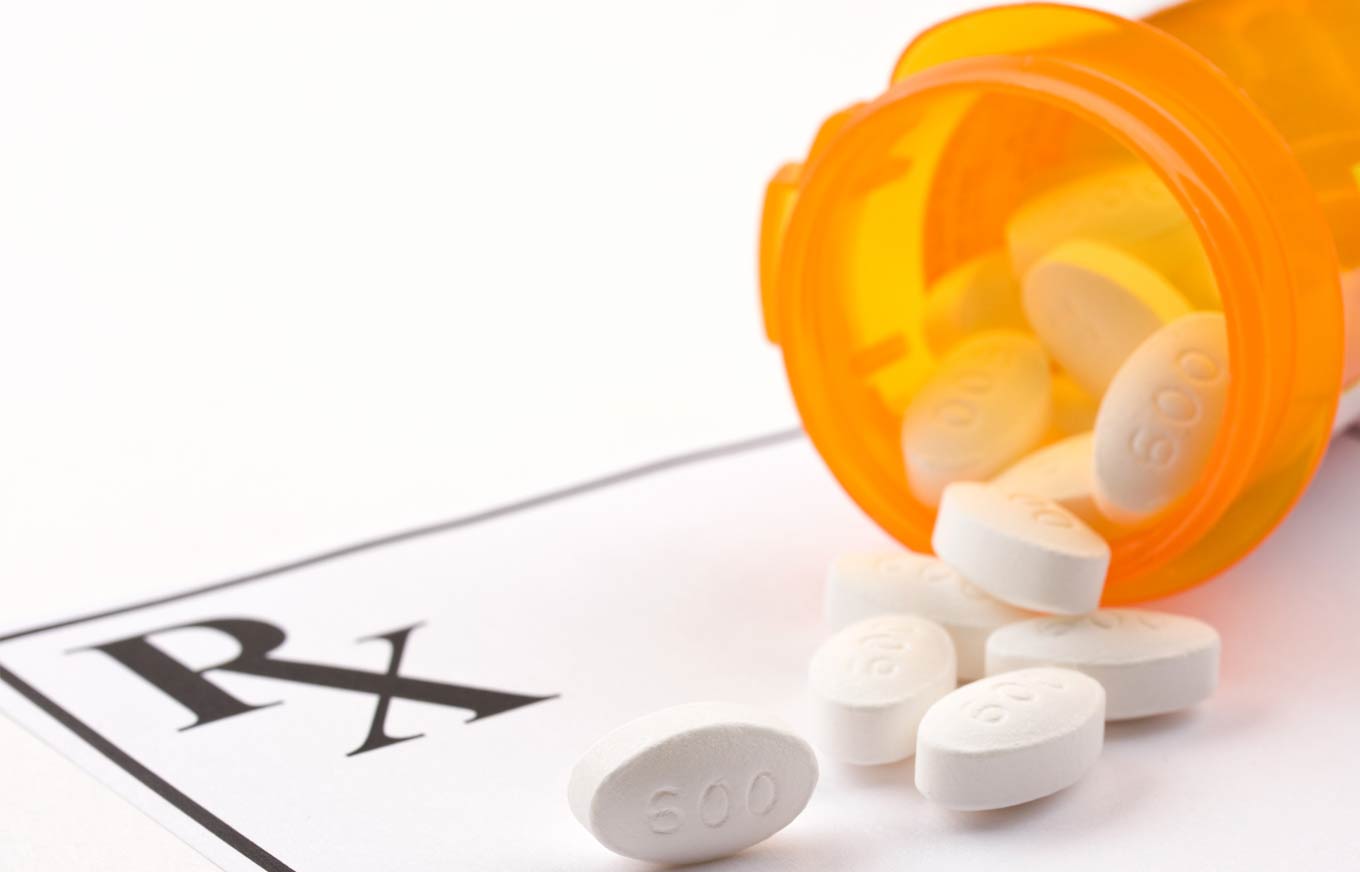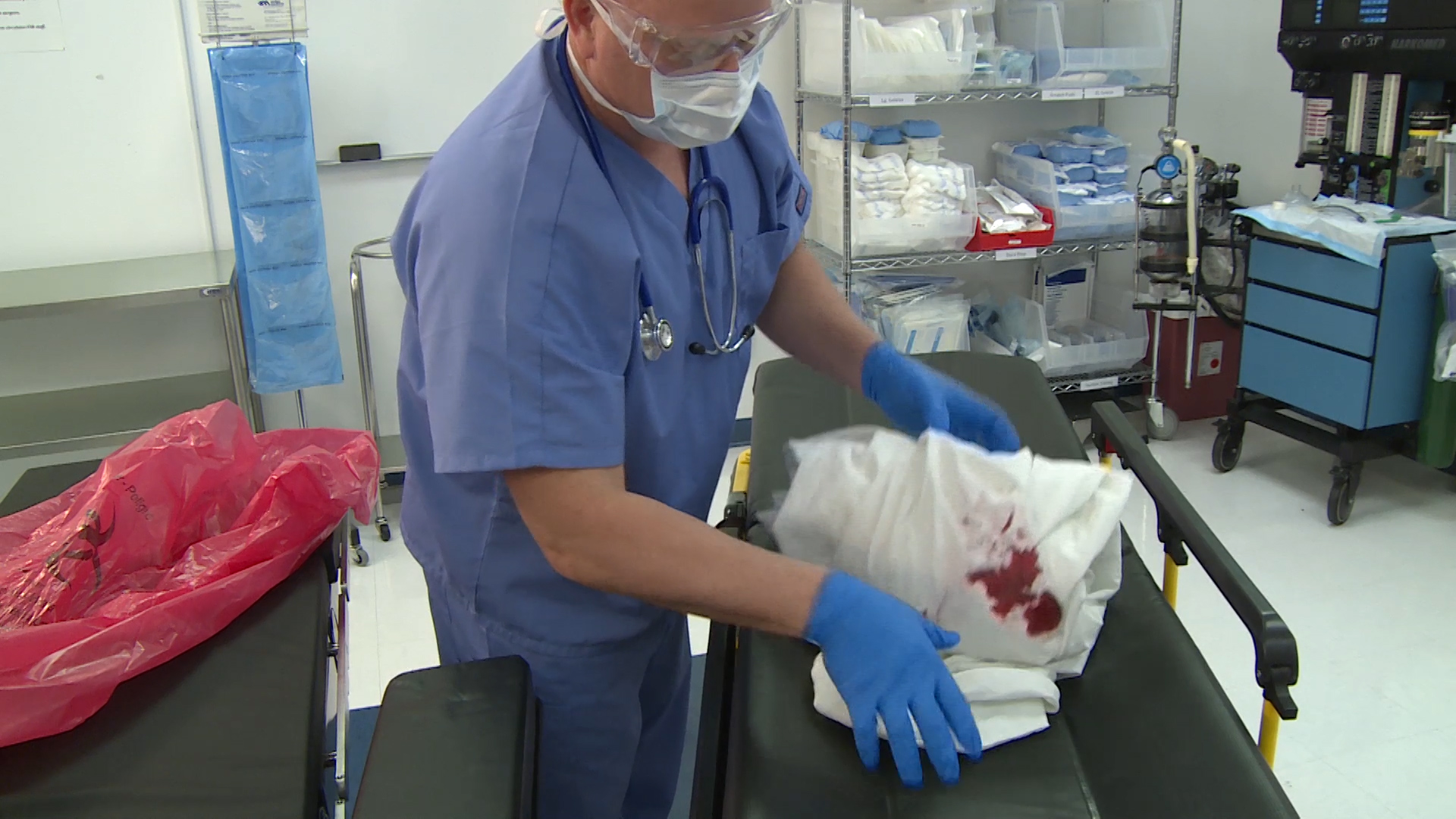Why Do Medications Expire and How to Dispose of Expired Drugs Safely
Almost everyone has discovered an old pill bottle in the back of a cabinet, long past its expiration date. This common scenario raises two critical questions: why do pharmaceuticals and medications expire, and how should expired medications be handled responsibly? These questions are more than a personal dilemma – they highlight a global public health and environmental concern. The World Health Organization defines pharmaceutical waste as expired, unused, and contaminated drugs and vaccines. With global pharmaceutical spending reaching $1.27 trillion in 2020, the stakes for managing this waste are high.
Many people throw unused or expired drugs in the trash or flush them down the toilet, practices that remain the most common disposal methods in many countries. Unfortunately, both using expired medication and disposing of it unsafely come with significant health, economic, and environmental risks. In the sections below, we’ll explore why medications have expiration dates – including chemical degradation, loss of potency, and the risk of harmful byproducts – and examine the dangers of taking expired drugs. We’ll then discuss safe disposal practices, regulatory guidelines, and why improper disposal can harm the environment and public health. Finally, we will look at ways to reduce medication waste and highlight how professional services like Secure Waste can help ensure expired medications are handled responsibly.

Why Do Medications Expire?
Manufacturers determine a drug’s expiration date through stability testing – measuring how long the medication remains potent and safe under various storage conditions. These dates are set conservatively to ensure the medicine will work as intended up to that time. After the expiration date, however, the drug’s full effectiveness and safety can no longer be guaranteed.
Chemical Degradation and Potency Loss
Over time, medications gradually break down into other compounds. Heat, humidity, or light can speed up this degradation, so an expired medicine may contain less active ingredient than it should. For example, an antibiotic that has partially degraded might not fully cure an infection – leading to a subtherapeutic dose and contributing to antimicrobial resistance – while a weakened dose of a heart medication or insulin could fail to control a serious condition. In some cases, chemical breakdown produces harmful byproducts; for instance, the antibiotic ciprofloxacin can degrade into toxic compounds that may damage the kidneys.
Risks of Using Expired Medication
Some medications degrade fast and should never be used past their expiration (for example, certain liquid antibiotics, nitroglycerin tablets, insulin, or epinephrine auto-injectors). Liquid medicines like syrups or eye drops are hazardous once expired, as their preservatives can fail and allow bacteria or mold to grow. Even pills that look intact may have lost potency. An expired pain reliever, for instance, might be too weak to be effective, tempting a person to take more and risk an overdose. Expired medicines kept in the home also increase the chance of accidental ingestion or misuse – for example, children might find them, or someone might unknowingly take an outdated, ineffective drug.
Health authorities consistently advise against using expired drugs. Once a medication is past its expiration, it’s best to dispose of it rather than risk reduced efficacy or unexpected side effects.
Environmental Impact of Improper Medication Disposal
Throwing expired drugs in the garbage or flushing them down the toilet can introduce pharmaceutical chemicals into the environment. Medications tossed in a landfill may leach into soil and groundwater, while drugs sent down the drain often bypass wastewater treatment and enter rivers and streams. Studies have found measurable medicines in lakes, rivers, and even drinking water worldwide. These drug residues can harm wildlife and ecosystems. For instance, the veterinary painkiller diclofenac led to the near-extinction of several vulture species in South Asia after it entered the food chain and caused fatal kidney failure in the birds. Even low levels of pharmaceuticals can disrupt aquatic life (for example, hormones from birth control pills have affected fish), and antibiotic traces in water may promote drug-resistant bacteria. For humans, the drug concentrations detected in water are extremely low and not known to cause immediate harm; however, experts worry that long-term exposure could contribute to issues like hormone disruption or antibiotic resistance over time.
Safe Disposal Practices for Expired Medications
When disposing of expired medications, please don’t just throw them in the trash or flush them unless no other option exists. The preferred method is to use official drug take-back programs or authorized medicine collection sites. Many pharmacies, hospitals, and communities worldwide offer take-back kiosks or periodic events where you can drop off unused drugs for safe disposal. These programs ensure that pharmaceuticals are destroyed by incineration or other proper methods, rather than ending up in landfills or waterways. Such programs are the safest and most responsible way to dispose of expired medicines whenever available.
If a take-back service is unavailable, you can still dispose of medications in your household trash with precautions to minimize risks. Experts recommend the following steps for at-home disposal of unused medicines:
- Mix with undesirable substance: Remove the drugs from their original containers and mix them with used coffee grounds, dirt, or cat litter. This makes the medication less appealing to children, pets, or anyone who might go through the trash.
- Seal in a container: To prevent leakage, place the mixture in a disposable container or a sealed plastic bag.
- Throw it out: Put the sealed container in your trash bin.
- Erase personal info: Before discarding empty pill bottles or packaging, scratch or remove any personal information on the labels.
These measures help ensure no one can identify or retrieve the medicine once it’s in the garbage. Importantly, do not flush drugs down the toilet or sink unless the label or your pharmacist specifically tells you to do so. Only a few hazardous medicines (such as specific opioid patches) are ever recommended for flushing when no take-back option is available, and even then, it’s a last resort. In general, flushing drugs is strongly discouraged because it sends drug pollutants into the water system.
Reducing Medication Waste and Raising Public Awareness
Preventing medication waste upstream reduces the burden of disposal. Hospitals and pharmacies can improve inventory management – for example, using a “first expiry, first out” system to ensure drugs nearing expiration are used first. Doctors and pharmacists should prescribe medicines in quantities that will be used in time, rather than oversupplying. Patients can also help by purchasing only what they need and regularly clearing out their medicine cabinets. Store medications properly (in a cool, dry place as directed) to maximize their shelf life. And if you have unused medicine that is still good, try to return it or donate it before it expires instead of hoarding it.
Public education about safe medication disposal is critical. Many people are unaware of the proper way to discard drugs. Surveys show that most consumers throw unused meds in the trash by default, not realizing the potential harm. However, most people are willing to do the right thing once informed. In one survey, 82% of respondents had never heard of their country’s medicine take-back program, but over 90% said they would use it after learning about it. This demonstrates that awareness campaigns can have a significant impact. Pharmacists and healthcare providers can help by counseling patients not to stockpile drugs and by explaining how to find take-back programs. Even within healthcare facilities, more education is needed – one study in South Africa found only 23.5% of surveyed health workers were following proper medicine disposal practices, highlighting the need for better training and policies.
Policymakers and the pharmaceutical industry also have a role to play by supporting the expansion of convenient take-back options (for example, mail-back programs for unused drugs). By improving public awareness and making safe disposal easier, we can significantly reduce the volume of expired medications that pollute the environment or pose public health risks.
Professional Medical Waste Disposal and Secure Waste
Professional medical waste disposal services are essential for healthcare facilities and pharmacies that accumulate large quantities of expired medications. Licensed waste management companies understand the regulations for pharmaceutical waste and have the proper equipment to destroy drugs safely (usually via high-temperature incineration). Using a certified service ensures that expired medications are securely transported and destroyed, preventing diversion and environmental contamination. This is especially important for controlled substances and bulk drug waste that require careful oversight and documentation.
Secure Waste is a trusted provider of medical waste disposal services that can help manage expired pharmaceuticals responsibly. Its experts ensure that all expired medications are collected, transported, and disposed of in compliance with the law and with minimal environmental impact. With extensive experience in medical waste management, Secure Waste offers peace of mind that your facility’s pharmaceutical waste will be handled safely and properly.
To learn more or to schedule a pickup for expired medication disposal, contact Secure Waste at 877-633-7328 or visit their website at https://www.securewaste.net/. By partnering with Secure Waste, healthcare providers and organizations can ensure that expired medications are disposed of in a way that protects public health and the environment.


Expert Medical Waste Management: With over 25 years of industry experience, Secure Waste is a trusted local leader in hazardous and biohazardous waste disposal across Maryland, Virginia, and Washington, D.C. Specializing in medical waste management, sharps needle disposal, and biohazard waste removal, the company ensures full compliance with federal, state, and local regulations while prioritizing environmental sustainability.
The company also offers additional services, including secure document shredding and sharps container sales, providing comprehensive solutions for healthcare facilities and businesses. Our cost-effective services help clients maintain regulatory compliance without unexpected costs.
With a commitment to customer satisfaction, Secure Waste offers tailored waste management plans that align with industry best practices. Their team of experts provides reliable, timely, and compliant services, making them the preferred choice for medical waste disposal. For a free waste quote or more information, visit www.securewaste.net






